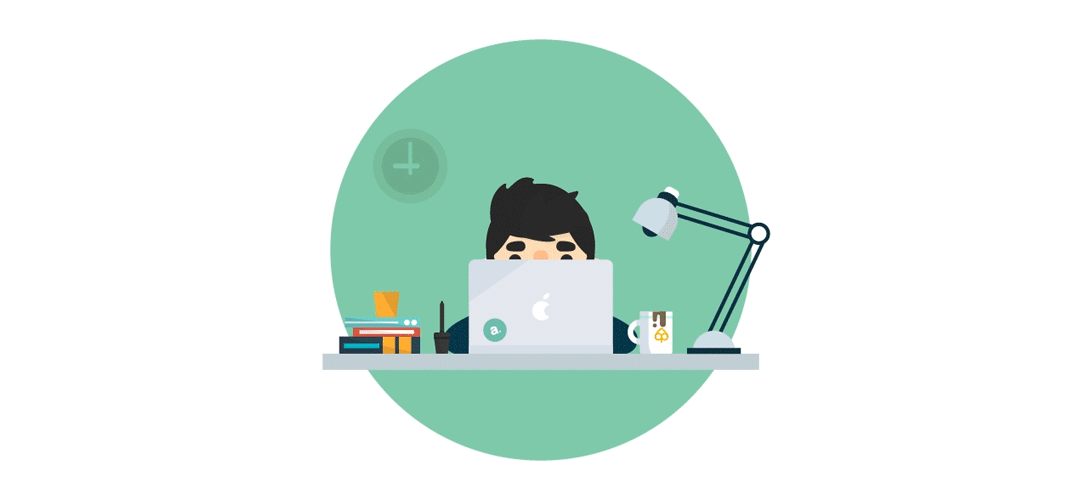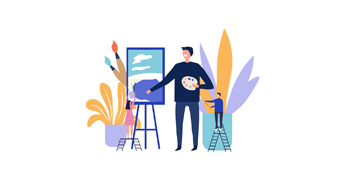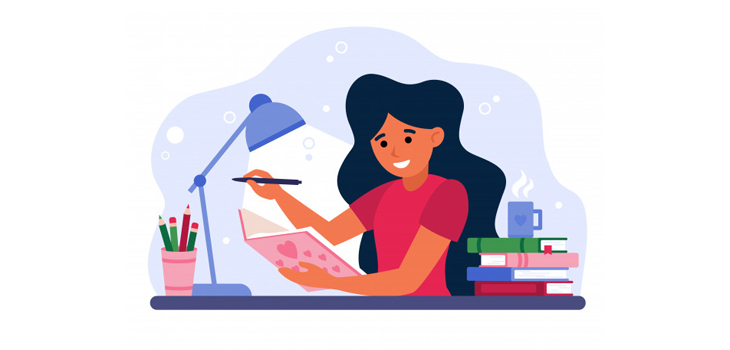
13737 views
by Dr.Meghna varma
POSTPARTUM DEPRESSION
“Taking care of my baby felt so overwhelming. My complete attention was focused on my child; I ignored everything and everyone, including my husband. I was getting angry at the baby when he would continuously cry. I knew it was not his fault and that I wasn't acting like myself. I would pretend to be happy hoping I would actually start feeling that way. But it just dint work.” - Nina
Birth of a baby generally triggers feelings of joy, pride, excitement & even ecstasy. It can also make you anxious & worried (commonly known as 'baby blues') and it is completely normal to feel that way. However, certain women struggle with a complex mix of physical, emotional & behavioural changes. This is known as Postpartum depression. Nina was experiencing just that.
Yes, Postpartum depression is a real thing. It is a form of major depression that may start within a month after delivery.
it can adversely impact a women's ability to care for herself or her child. WHO reports indicate that women are at a signicantly greater risk of suicide the year after they give birth than any other time of their lives.
How to detect Postpartum Depression?
It may be difcult for new moms to know if they are experiencing postpartum depression, as in case of Nina. You can identify if you or someone you love is suffering from postpartum depression based on these signs & symptoms:

Coping with Postpartum Depression:
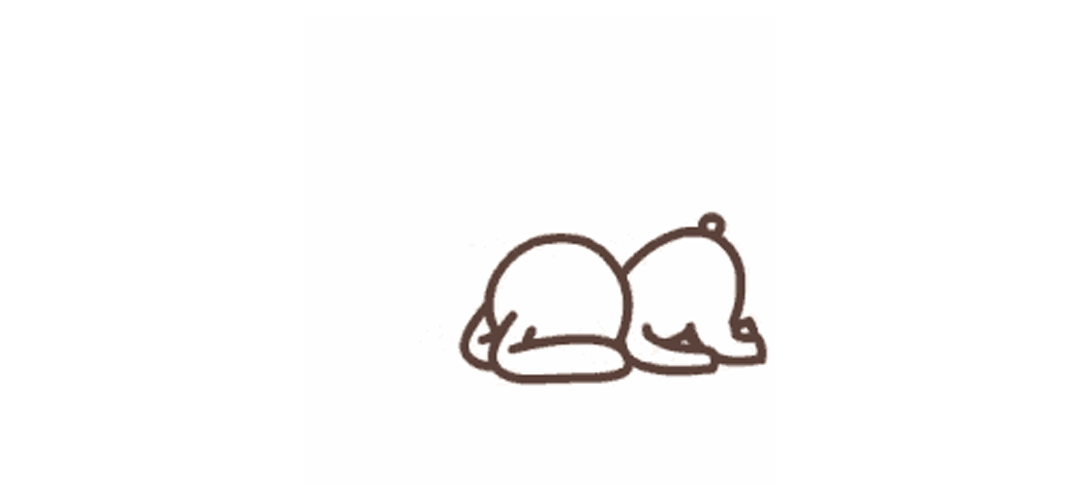
Unlike baby blues, postpartum depression does not disappear on its own. It may occur days or months after the childbirth & may last for several weeks or months without treatment.
But the good news is that it is a treatable psychological disorder & can be effectively managed.
Here are a few valuable hacks that can help you deal with postpartum depression.
Take care of yourself
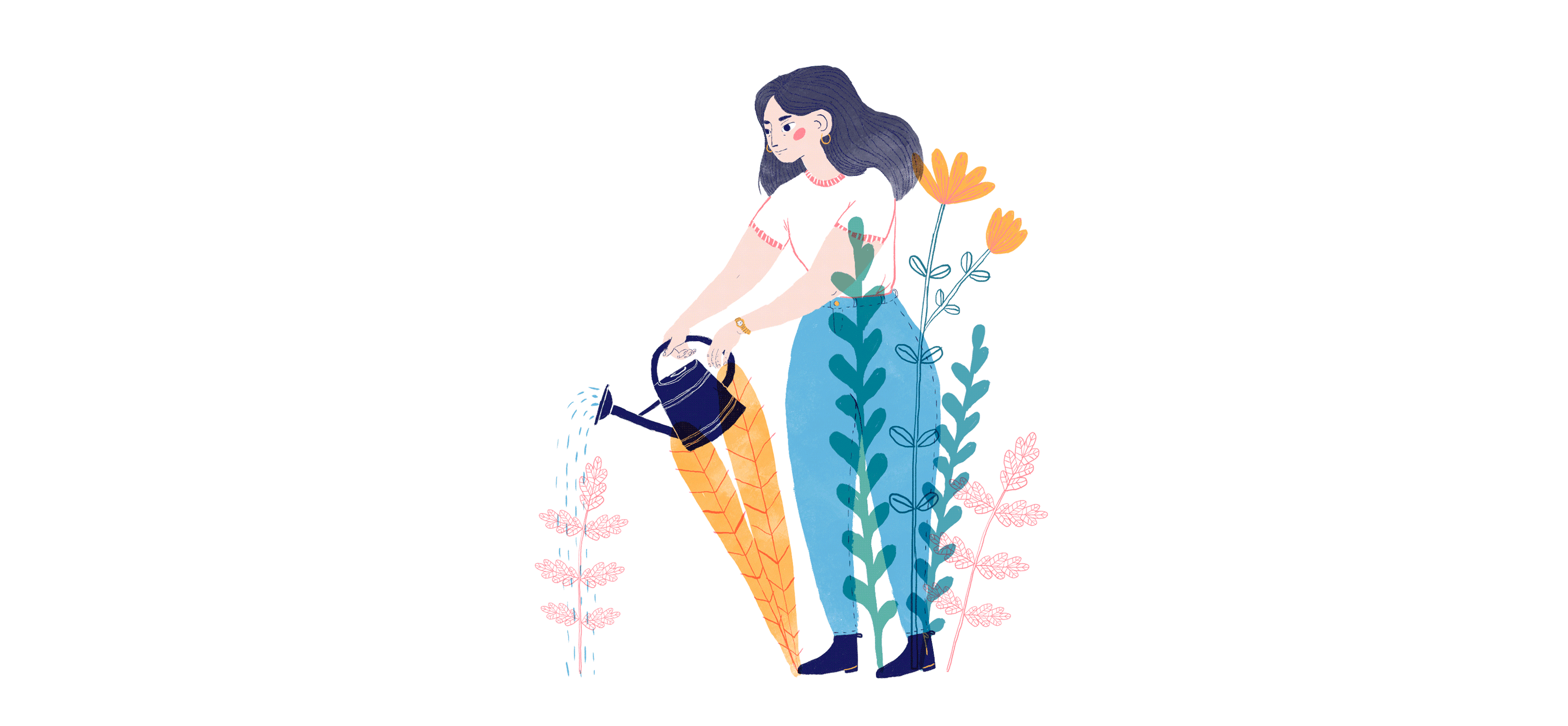
The more you care for yourself, the better you would feel. Simple lifestyle measures can go a long way in helping you think straight.
Make yourself a priority : Give yourself permission to spend time with yourself. Do things that bring you peace and joy
- Get Moving : The sooner to get back to an exercise routine, the better it would be for your physical & mental health.
Catch up on your ZZZs: With a newborn an 8 hour sleep would seem impossible, but lack of sleep can make depression worse.
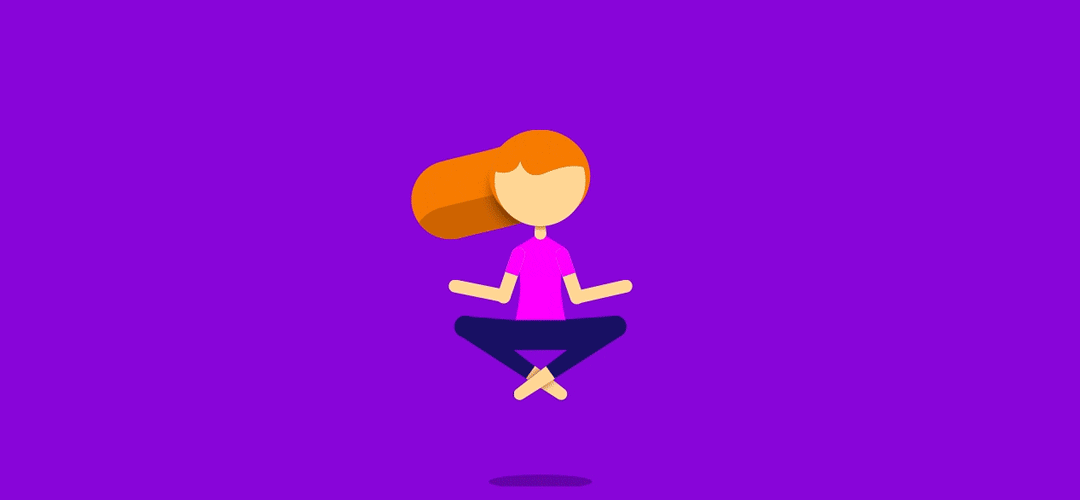
Build a bond with your baby
The most critical part of infancy is the emotional bond or attachment between the mother & child. This attachment denes the child's ability to communicate , interact & form relationships throughout his or her life. This attachment can also benet the mothers as it releases endorphins making them feel happier & more condent as a mother.

Look to your partner for support
Studies reveal that nearly half of all divorces take place after childbirth. This is so because the needs of the newborn can take up most of your time, energy, effort & attention. It is essential to make time for each other & talk about issues that are a source of strain. Spend at least 15 to 20 min together everyday, just focusing on nothing but each other. This can make a huge difference.
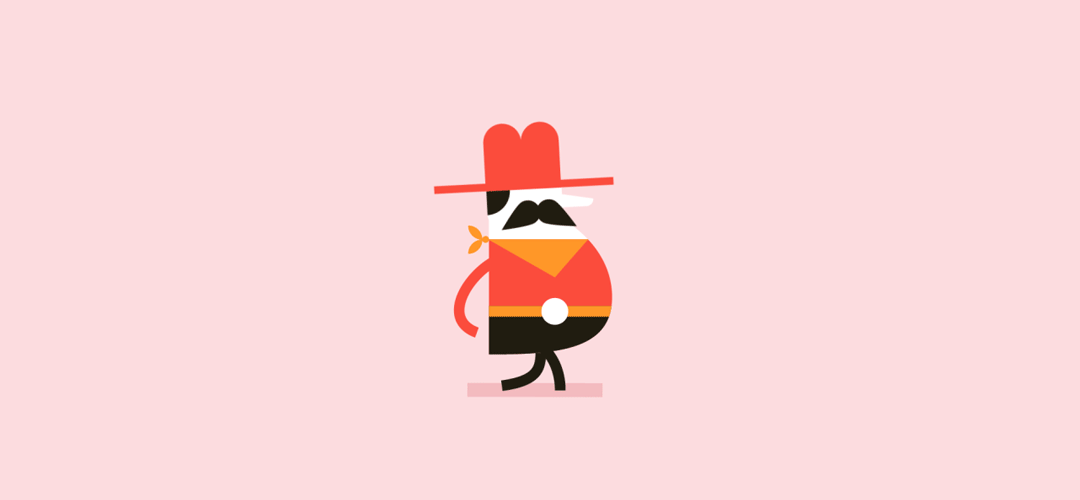
Seek Help
Even after support from friends & family if you are still suffering from postpartum depression, consult a professional. Psychotherapy & antidepressants are two most common methods used in treatment of postpartum depression.
